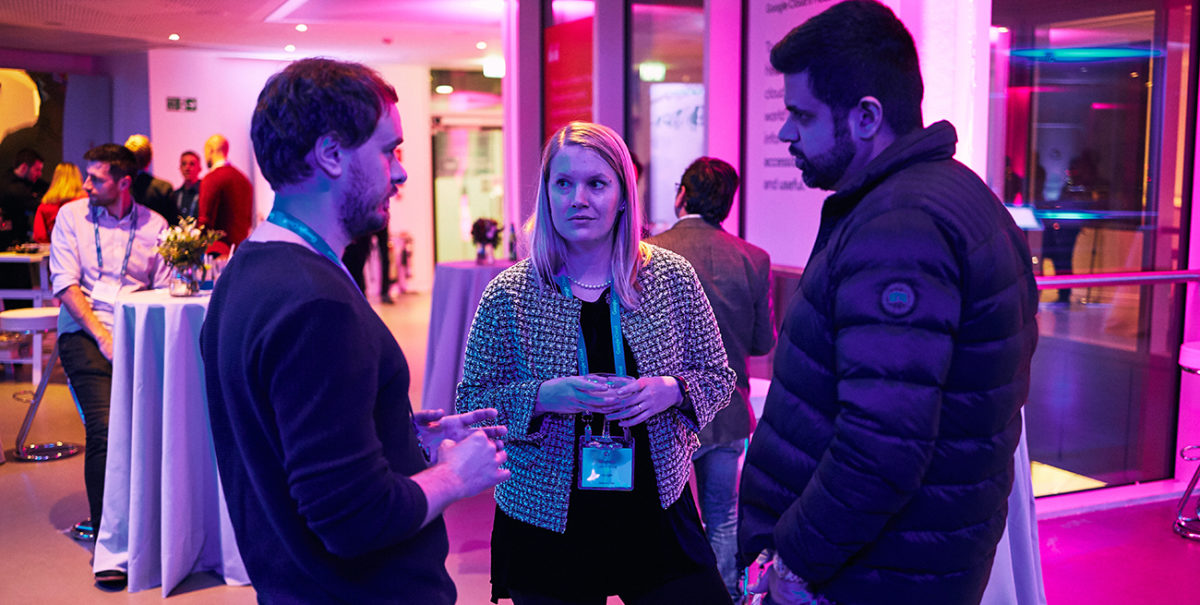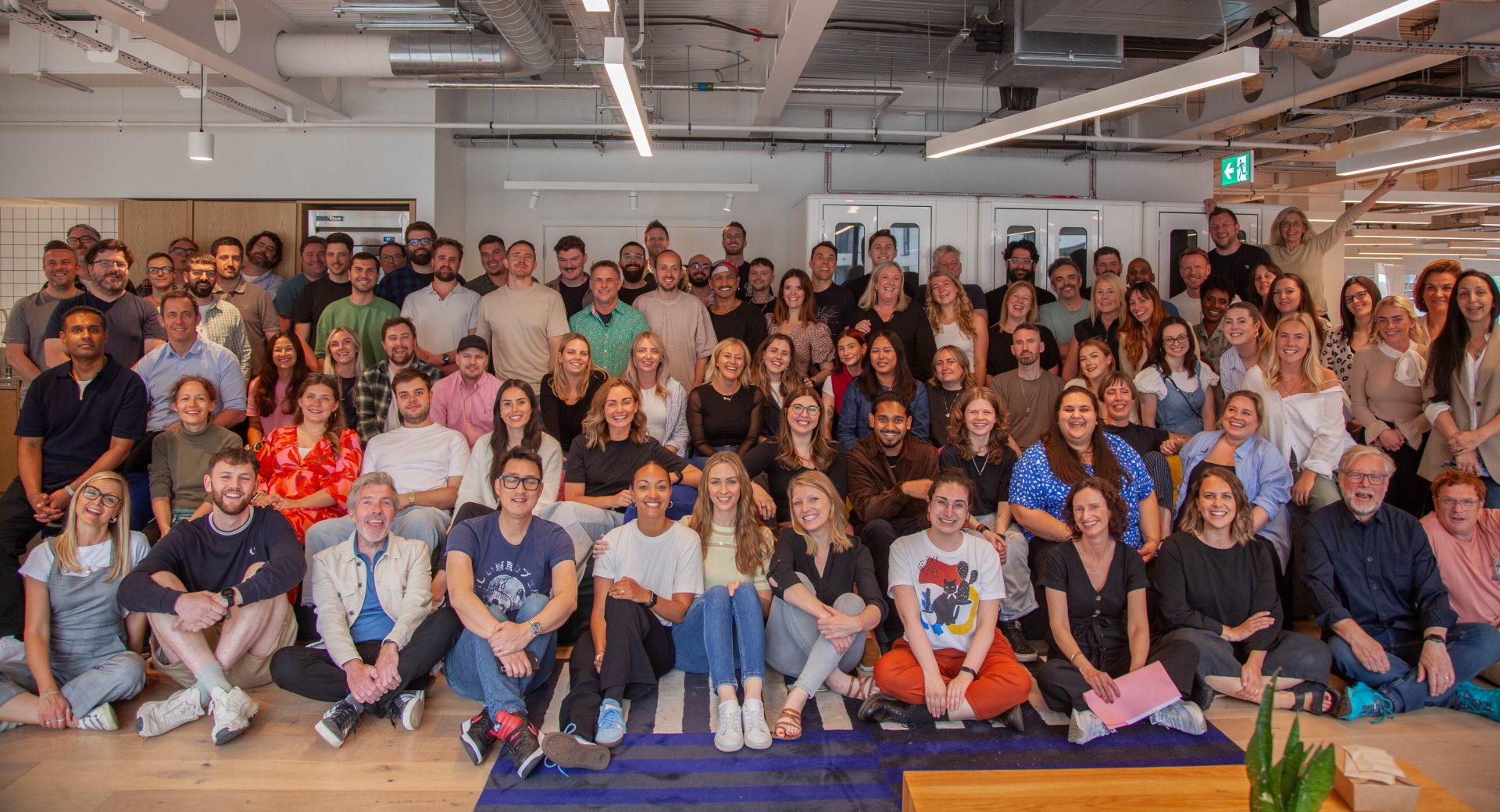Why workshops… work

Workshops are a powerful tool for building relationships
Identity recently conducted some collaborative, productive and pivotal workshops with new and existing clients that cement our position, in their minds, as strategic partners rather than purely an agency that delivers their experiences.
These sessions which were ran fully remotely with stakeholders from all over the world, allowed for nuanced discussion around business challenges and created a forum for idea creation with themes that included content, interaction, and guest experience. Here is a shared and quick overview of why workshops are great for client relationships, how we start the planning process and what tools are at our disposal to create these vital sessions – so you can consider running workshops within your workflow.
Why? For our clients.
Whether we use workshops to help us generate new ideas or refine concepts, they are an important part of the project process and carry enormous potential. It is a great opportunity to get fully immersed into the client’s brands and strategies to help deliver innovative solutions, as well as an important relationship and partnership building piece. From collaborating with clients on an event agenda, creative event solutions or how to bring content ideas to life, a range of online whiteboard options are available for use, to plan and facilitate workshop sessions even remotely. A top tip for a successful session would be to define a clear purpose for the workshop, have the right people in the ‘room’ and work with an experienced facilitator to deliver an engaging mind-mapping session.
How? The planning.
To design a successful workshop, it needs preparation and planning. The more effort and time you put in, the more successful the workshop will be. We have split planning into three distinct phases; what the workshop hopes to achieve, how will we achieve this, and what are the outputs and how will they be disseminated.
- First, we look at what the workshop needs to achieve; is it an ideation session, are we collecting information, are we getting people to discuss topics, or are we looking for agreement on certain items, etc? The list is endless, but defining the aims at the outset helps shape what the workshop will become.
- Second, we look at what form the workshop should take, who will be there, where will it be, how long do we have, what are the participants doing, are we online or in person, etc? This is crucial and is more than just logistics. This is where having an agenda, tasks, questions, statements, examples, and provocations already prepared makes the workshop run smoothly.
- Finally, we then look at outputs and outcomes; how do we take the content of the workshop and document it, where does it need to go, who needs to see it and how will they access it? All of this can take from several hours to several days to design, but an effectively designed workshop can pay dividends further down the line.
With? The tools.
You may be saying, this all sounds great – but I need somewhere to start and some tools to learn… and the good news is there are plenty at your fingertips! There’s a plethora of interactive platforms out there to help facilitate online workshops which include Figjam by Figma, Mural and our incumbent platform of choice, Miro.
Each one of these tools offer a range of functionality and prebuilt templates to get started in your journey of learning how to pose the right questions, create space for concise answers, and mechanics for creating consensus amongst a large group of people that include:
- Timers to create urgency around answers
- Dot voting to allow a democratised sense of ownership amongst the participants
- Facilitator-led navigation to conduct the session in a smooth and clearly signposted way
Obviously, the tools are only the event tech we use to create these sessions, but we need clear thinking and a consultative approach to make a successful workshop work.
To further your knowledge, here are some books that we’ve found useful whilst exploring this world of workshops:
– The Workshopper Playbook, by Jonathan Courtney
– Sprint, by Jake Knapp
– The Choice Factory, by Richard Shotton
If you’ve found this interesting or would like to contact us to kickstart a workshop and deep-dive into planning your event, please contact us: letstalk@identitygroup.co.uk







